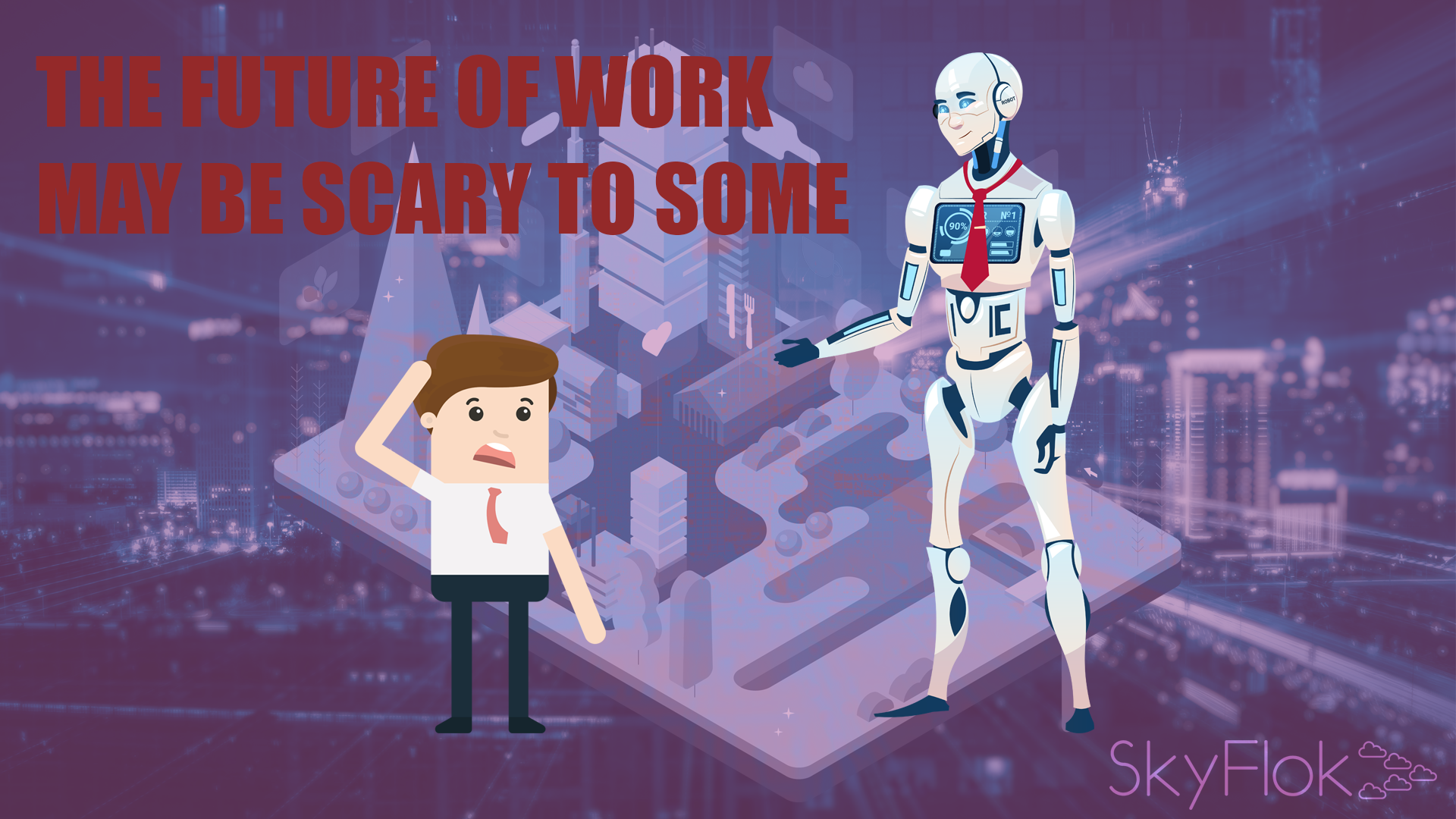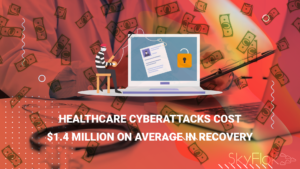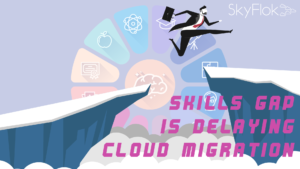The future of work may be scary to some but no matter where technology takes us, the privacy of customers’ personal data will always be a top concern. GDPR is a direct result of these widespread privacy concerns. Companies need to address consumer privacy concerns head-on in order to thrive in the future.
As a privacy-first solution, SkyFlok helps you keep your files private as well as taking a large step to become GDPR compliant.
We give our customers full control over their data’s geo-location, meaning, they can select what Cloud providers and where in the world their clients’ files are stored. We offer a growing number of GDPR-compliant locations in Europe, Canada, and the USA. In the near future, we will offer GDPR-compliant locations all around the Globe.
Anyone paying attention to the world of work over the past 10 years or so has noticed the profound changes. Whether client-facing or internal, the cloud and its attendant technologies — such as AI — are enabling a completely different business atmosphere. The emerging prevalence of remote work is definitely part of this atmosphere. Some are embracing the atmosphere, reveling in it and capitalising on it; others haven’t fared so well and are worried about the implications.
On the list of concerns, privacy is a big one. Starting with internal operations, there’s an entire spectrum of privacy concerns that radiates outward to encompass consumer-facing business operations. Internally speaking, the cloud is enabling a ton of remote work. Thanks to the cloud, you can now let your employees work from anywhere, but to do so you need to use time tracking software. This has led some workers to wonder if time tracking is a form of spying.
“The practice raises difficult ethical questions,” says Caitlin Sisley, a digital content writer for Xero’s project management SaaS company, WorkflowMax. She goes on to explain that “over-zealous time tracking can cause widespread anxiety,” which “becomes detrimental to productivity, as staff are so self-conscious that they struggle to focus.” According to Sisley, employees may not be aware that time tracking software can also monitor their online activities. She recommends transparency from management, as well as encryption and secure passwords to ensure employees’ sensitive information is protected.
Time tracking privacy concerns are only a small section of the privacy iceberg. On the consumer-facing side of the privacy issue, GDPR is a direct result of widespread privacy concerns. GDPR introduces the reality that companies need to address consumer privacy concerns head-on in order to thrive in the future. In a white paper for the Center for the Future of Work, Benjamin Pring and Robert Brown note that, “All companies will need to master the new algebra of personally-identifiable information mandated by GDPR to win in the future of work.” In other words, if your company possesses an EU citizen’s personally-identifiable data, you must build security and encryption into your system, and you have to be ready to delete data.
There’s more to GDPR than that, which is why some companies are worried that all the data they’ve collected in the cloud could come back to sting them in the future. Pring and Brown urge businesses to “stop thinking of GDPR as your enemy” and to “stop overreacting.” Businesses that can navigate through GDPR through careful analysis instead of fear, businesses that can build trust and innovate with new ways to use data appropriately will win in the future of work.
GDPR will not stop the fact that there will be 30 billion connected devices by 2020, a statistic that has prompted observers like StayNTouch CEO Jos Schaap to call this “the age of experience.” Mobile devices, virtual reality, the IoT, and wearables are all giving consumers increasing opportunities to choose how they want to experience the digital world. This means there’s an ever-increasing amount of raw data, and organizations must use data to get out ahead and create meaningful experiences through emerging technologies.
At the same time, there’s the fear that an emerging technology like AI will displace workers. Schaap identifies multiple companies that have moved ahead as winners in the age of experience, and many of them are ahead when it comes to algorithmic innovation, including Amazon, Netflix, Accenture, Spotify, and Uber. He also name-drops McDonald’s, a company that, according to ZDNet, is “looking at artificial intelligence, machine learning and cloud computing to improve ‘the internal customer experience.’”
How long before AI takes over for humans in the McDonald’s food factory? Fast food workers are likely to see displacement, but Gartner argues that, “For the next 10 years at least, work will revolve around human beings, with AI and smart machines augmenting human aptitude and capabilities.” Indeed, for now McDonald’s wants to use AI to help workers focus more on communicating with customers.
Gartner contends that two-thirds of jobs will become “nonroutine” by 2027. Work will be “cognitive work,” and algorithms will displace middle managers, “Whose jobs revolve around collecting data, supervising action.”
This statement brings us back to the original concern: privacy. Middle managers can supervise actions and make exceptions based on context. If algorithms can supervise actions, can they make an exception based on context when an employee breaks a rule? Or, with no privacy and no discretion, will we be forced to become more like algorithms, always carrying out our duties with mathematical precision?
The future of work depends on whether we control algorithms, or whether they control us.







